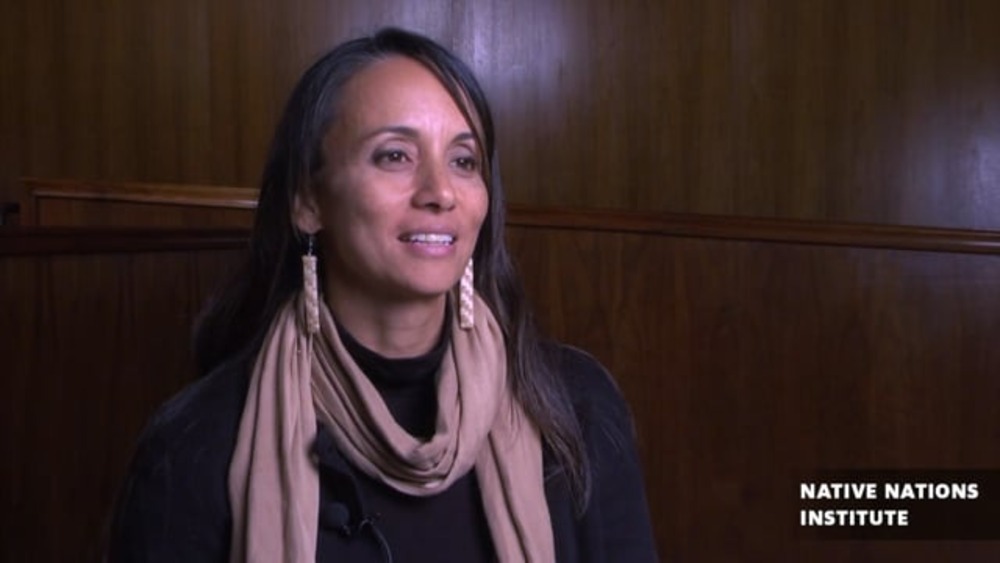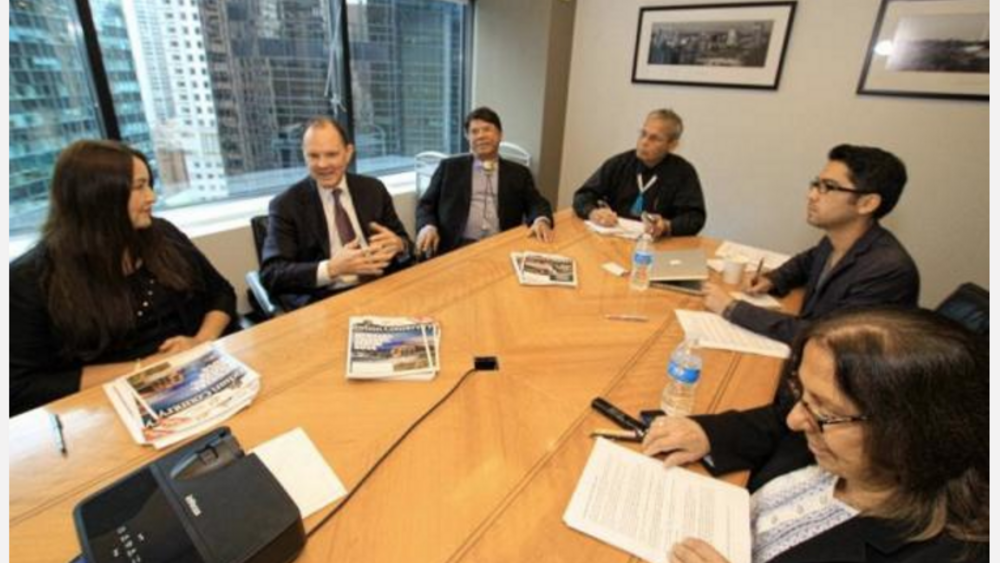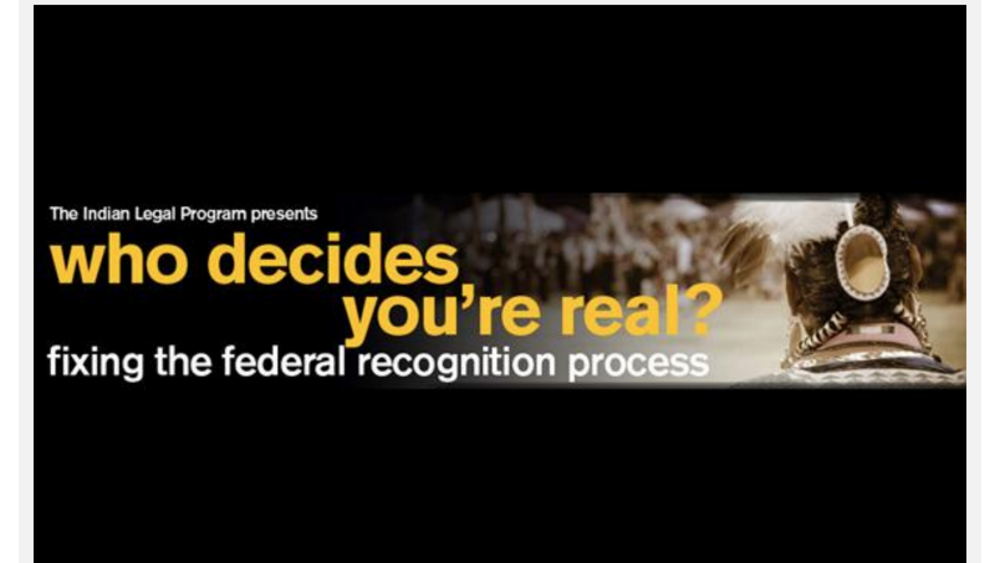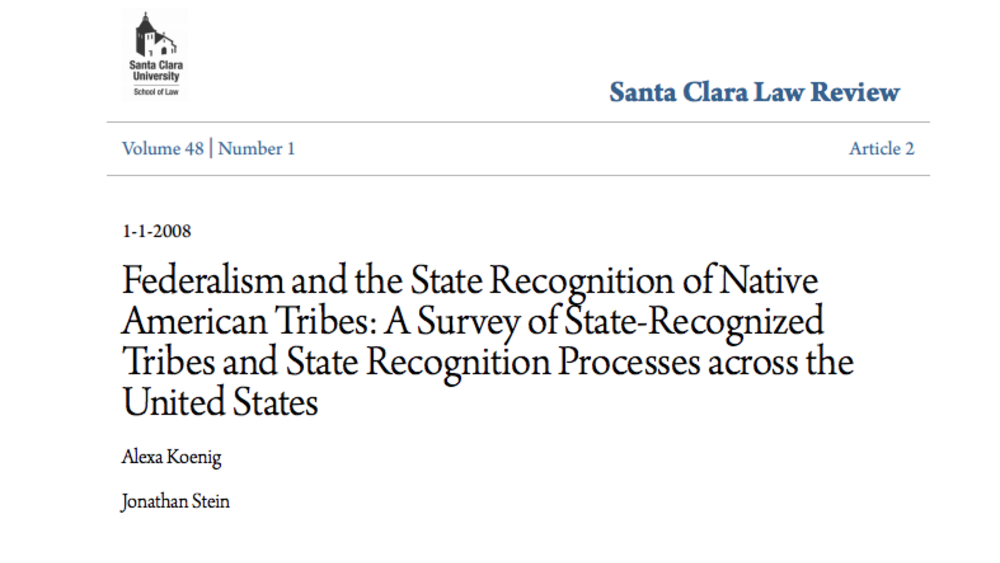Indigenous Governance Database
federal recognition process

Noelani Goodyear Ka'opua: The ongoing journey of Hawai'i sovereignty
Dr. Noelani Goodyear Ka'opua from the Indigenous Politics Faculty within the department of political science at the University of Hawai’i at Manoa speaks about the particulars of handling the issue of soverignty in Hawai’i.

BIA Head Kevin Washburn Speaks to ICTMN About NCAI, Federal Recognition and More
ICTMN's panel consisted of Ray Halbritter, Publisher; Gale Courey Toensing, staff reporter as moderator; Ray Cook, Opinions Editor; Valerie Taliman, West Coast Editor; and Simon Moya-Smith, Correspondent. All participants asked questions at various points in the conversation (photographer Cliff…

Federal Recognition Process: A Culture of Neglect
The Shinnecock Indian Nation was petitioner number 4 on the Bureau of Indian Affairs’ list of tribes seeking federal recognition in 1978 soon after the agency established the seven criteria for recognition. Thirty-two years and $33 million later in June 2010, the BIA acknowledged the Shinnecock…

Federalism and the State Recognition of Native American Tribes: A Survey of State-Recognized Tribes and State Recognition Processes Across the United States
In the last few years, states and tribes have increasingly realized that state recognition can serve as an important, albeit limited, alternative to federal recognition. This realization is evidenced by the many states that have recently codified their state recognition processes or are planning to…
